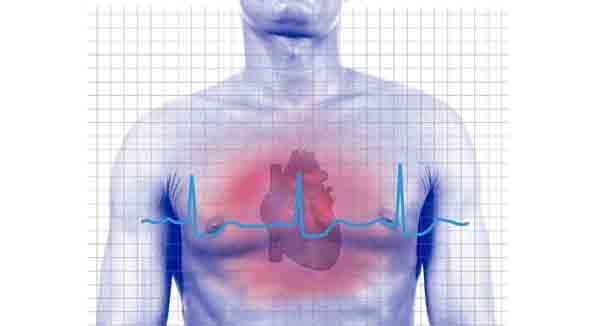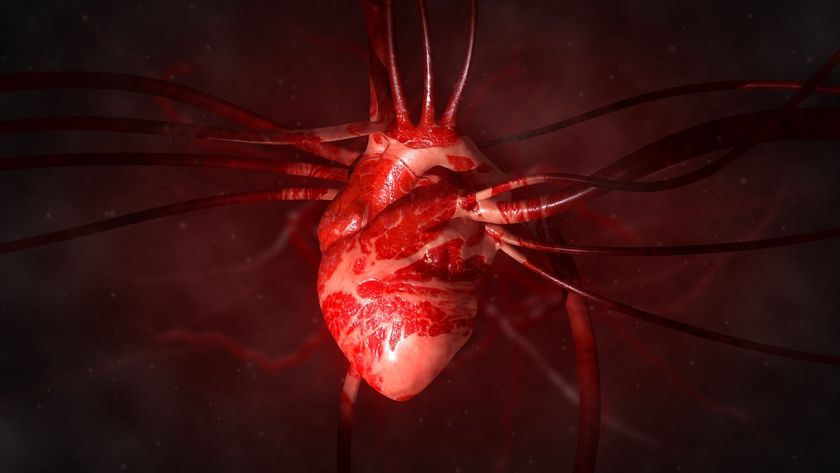Spouses of Heart Attack Victims at Risk for Depression, Suicide

A person who suffers a heart attack isn't the only one who needs care: So does his or her spouse, a new study from Denmark suggests.
Spouses of people who had a sudden heart attack were found to be at higher risk of depression, anxiety or suicide than were spouses of people with other health conditions.
The risk of mental health conditions was heightened regardless of whether the stricken partner died or survived, the study found. Men appeared more susceptible than women to depression and suicide after their spouse's heart attack.
"Our study suggests that clinical attention needs to be paid to both the patient, who is suffering from the physical and mental trauma of the event, and the spouse, who has to live through the event alongside the patient," the researchers wrote in their study published Wednesday (Aug. 22) in the journal European Heart Journal.
For the study, Emil Fosbøl of Copenhagen University Hospital and colleagues analyzed information from nearly a quarter-million people, including 16,500 spouses of people who had died from a heart attack between 1997 and 2008, and nearly 50,000 spouses of people who had died from other causes.
The study also included about 44,600 spouses of heart attack survivors, and 132,000 spouses of people admitted to hospitals for other non-fatal conditions.
The researchers looked at the use of antidepressants and anti-anxiety drugs anytime between a year before the event and a year afterward, and their health care related to depression and suicide.
Sign up for the Live Science daily newsletter now
Get the world’s most fascinating discoveries delivered straight to your inbox.
Those whose spouses survived a heart attack had a 17 percent higher use of antidepressants in the following year than in the previous year, whereas spouses of those who survived some other condition had an unchanged use of antidepressants, Fosbøl said.
And people widowed by a heart attack were 50 percent more likely than other widows and widowers to report receiving prescriptions for these medications, Fosbøl said.
Although the suicide rates were low, people whose spouse either succumbed to or survived a heart attack committed suicide more often than those with spouses who had other conditions, Fosbøl said.
The findings mean that around 11,000 people worldwide are likely to start taking antidepressants after a spouse's non-fatal heart attack, 35,000 would start antidepressants after their spouse died from an heart attack, and about 1,400 would be expected take their own life in the year following a spouse's death from a heart attack, the researchers said.
"This is a major public health issue for which there seems to be very little awareness among doctors and policymakers," Fosbøl said.
"I believe that treatment of an acute event also should include screening the spouse for possible psychological effects, and a plan should be in place for how to take care of this if, indeed, the spouse is severely affected."
The researchers speculated that it is the sudden and unexpected nature of a heart attack that causes the more extreme impact on the spouse. "If your partner dies suddenly from a heart attack, you have no time to prepare psychologically for the death, whereas if someone is ill with, for example, cancer, there is more time to grow used to the idea," Fosbøl said.
Pass it on: Spouses of heart attack victims may be at increased risk for mental health conditions.
Follow MyHealthNewsDaily on Twitter @MyHealth_MHND. We're also on Facebook & Google+.












